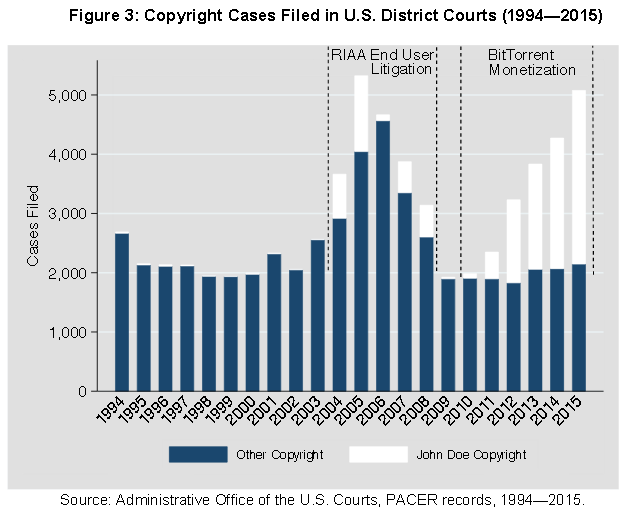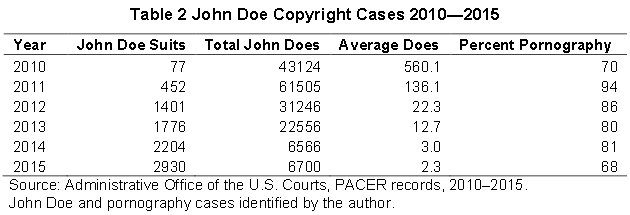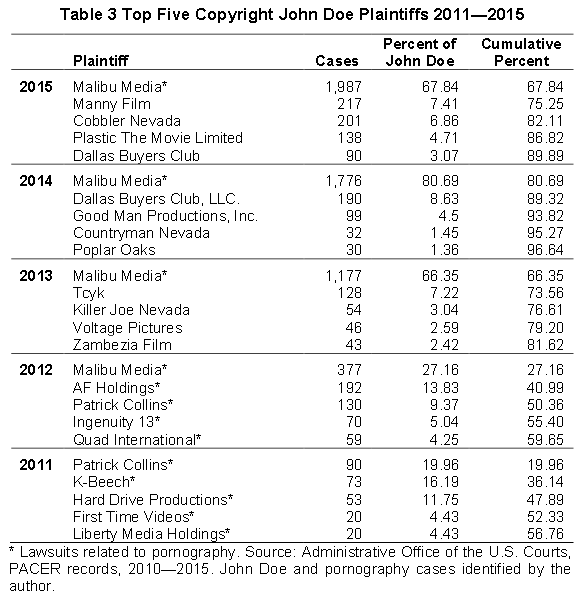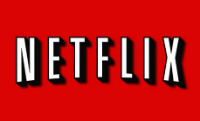Don’t Terrorize The Public Over Piracy, Putin’s Adviser Says
samedi 16 janvier 2016 à 10:55The Institute for Development of the Internet is an entity created to promote discussion between representatives of the Russian government and Internet-focused companies. Typically the platform is used to iron out differences on contentious issues.
In February 2015 Herman Klimenko became chairman of the Institute but last December was called upon by Russian president Vladimir Putin to become his personal adviser on the development of the Internet. After consulting with his family on what he described as a “big decision”, the 49-year-old accepted Putin’s offer.
This week Putin signed a decree that officially enlisted Klimenko as his
Presidential Adviser on the Internet. It’s a big position for the expert who now has the ear of one of the world’s most powerful men on all Internet related matters from trade through to education and finance.
Not unexpectedly the Internet piracy controversy also falls within Klimenko’s remit and it didn’t take long for the newly-crowned heavyweight to weigh in with his opinions. Surprisingly, those opinions include pouring cold water on aggressive measures for dealing with piracy, website blockades for example.
Speaking with local TV channel Russia 24, Klimenko said that when copyright holders demanded that ‘pirate’ websites should be blocked on a permanent basis, none considered whether it would actually be possible.
“When rights holders pressed for measures such as eternal blocking, I think they did not consider that it would be unfeasible for technical reasons,” he said.
“If a method to carry out such blocking did exist, it’s another question whether it is necessary to use it or not.”
But while website blocking is a controversial issue that even some copyright holders don’t believe in, it’s likely that a few eyebrows would’ve been raised at Klimenko’s suggestion that aggressive anti-piracy measures should be aligned with the state of the economy.
While acknowledging that creators should be able to get a return on their products, Putin’s adviser said now might not be the right time to send in the heavies to “terrorize” the public on the matter.
“There is always the relevance of this issue,” he said.
“In fact, consumption of copyright content increases with economic growth, and when the situation is very serious, I think people do not have to unnecessarily terrorize these issues,” said the presidential adviser.
Turning to copyright holders, Klimenko said that he believes they should consider the economic conditions before demanding more action.
“Pushing hard now on this topic, I think, is not worth it. When the economy improves, you should return to this issue,” he said.
But with relations with the West still strained over Ukraine and all the financial pressures that brings, how long will copyright holders have to wait? According to Deputy Minister of Economic Development Oleg Fomichev, perhaps some time yet.
“The current economic situation is definitely not that good. The Russian economy is not in the best shape, but it is not as bad as it was expected one year ago,” he revealed this week.
“We are now relatively optimistic about economic dynamics for the next several months and the next year because we see from June, and more positively from September, we see an upturn in the Russian economy.”
So everyone will stop complaining about piracy until the fall then? Not a chance…..
Source: TF, for the latest info on copyright, file-sharing, torrent sites and ANONYMOUS VPN services.
 Faced with an Internet awash with copyrighted movies and music just a few clicks away, some rightsholders have decided to let piracy continue with a view to monetizing it.
Faced with an Internet awash with copyrighted movies and music just a few clicks away, some rightsholders have decided to let piracy continue with a view to monetizing it.


 Birthdays are the highlight of the year for most children and what better way to celebrate than with a cake featuring their favorite cartoon character.
Birthdays are the highlight of the year for most children and what better way to celebrate than with a cake featuring their favorite cartoon character.  While increasing numbers of people are becoming tuned in to the joys of Netflix, growing numbers of subscribers are discovering a whole new world of content beyond what the service offers them as standard.
While increasing numbers of people are becoming tuned in to the joys of Netflix, growing numbers of subscribers are discovering a whole new world of content beyond what the service offers them as standard. The Pirate Bay has had its fair share of domain name issues in recent months.
The Pirate Bay has had its fair share of domain name issues in recent months.